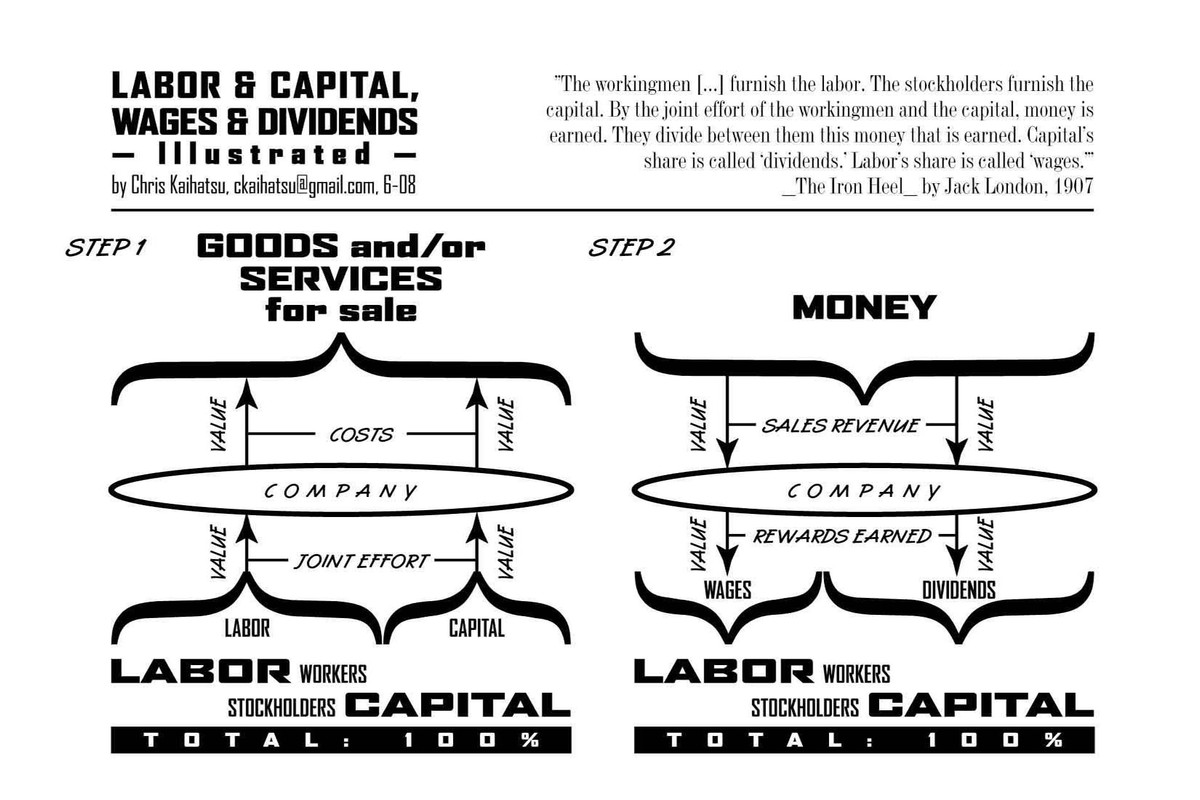- 16 Mar 2020 19:24
#15075762
Further on this topic, we're seeing the same 'trickle-down' *supply-side* economic policy implemented that was *discredited* back during Reagan:
ckaihatsu wrote:
Why shouldn't the U.S. just give that money to the *demand*-side of the economy, instead of to the *supply*-side of the economy? (This is a perfect opportunity for that 'redistribution of wealth' that you favor, UM.)
viewtopic.php?p=15075165#p15075165
Further on this topic, we're seeing the same 'trickle-down' *supply-side* economic policy implemented that was *discredited* back during Reagan:
the Federal Reserve announced $1.5 trillion in open market purchases.[214]
https://en.wikipedia.org/wiki/2020_stoc ... sday_(2020)
Trickle-down economics, also called trickle-down theory, refers to the economic proposition that taxes on businesses and the wealthy in society should be reduced as a means to stimulate business investment in the short term and benefit society at large in the long term. In recent history, the term has been used by critics of supply-side economic policies, such as "Reaganomics." Whereas general supply-side theory favors lowering taxes overall, trickle-down theory more specifically targets taxes on the upper end of the economic spectrum.[1][2]
The term "trickle-down" originated as a joke by humorist Will Rogers and today is often used to criticize economic policies that favor the wealthy or privileged while being framed as good for the average citizen. David Stockman, who as Ronald Reagan's budget director championed Reagan's tax cuts at first, later became critical of them and told journalist William Greider that "supply-side economics" is the trickle-down idea:[3][4]
It's kind of hard to sell 'trickle down,' so the supply-side formula was the only way to get a tax policy that was really 'trickle down.' Supply-side is 'trickle-down' theory.
— David Stockman, The Atlantic
Political opponents of the Reagan administration soon seized on this language in an effort to brand the administration as caring only about the wealthy.[citation needed] Some studies suggest a link between trickle-down economics and reduced growth.[5][6] Trickle-down economics has been widely criticized particularly by left-wing, centre-left and moderate politicians and economists, but also some right-wing politicians.
A 2019 study in the Journal of Political Economy found, contrary to trickle-down theory, that "the positive relationship between tax cuts and employment growth is largely driven by tax cuts for lower-income groups and that the effect of tax cuts for the top 10 percent on employment growth is small."[7]
https://en.wikipedia.org/wiki/Trickle-down_economics










 - By Fasces
- By Fasces